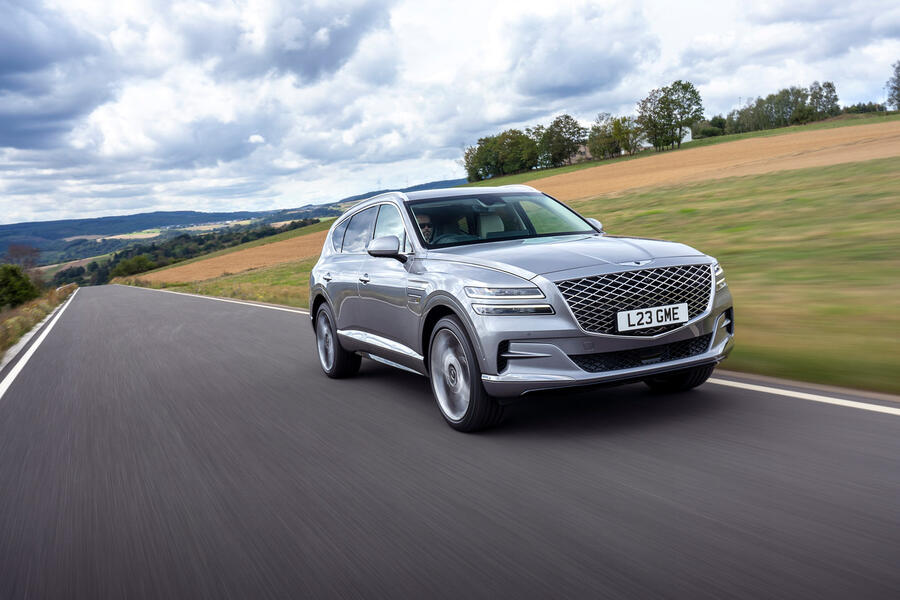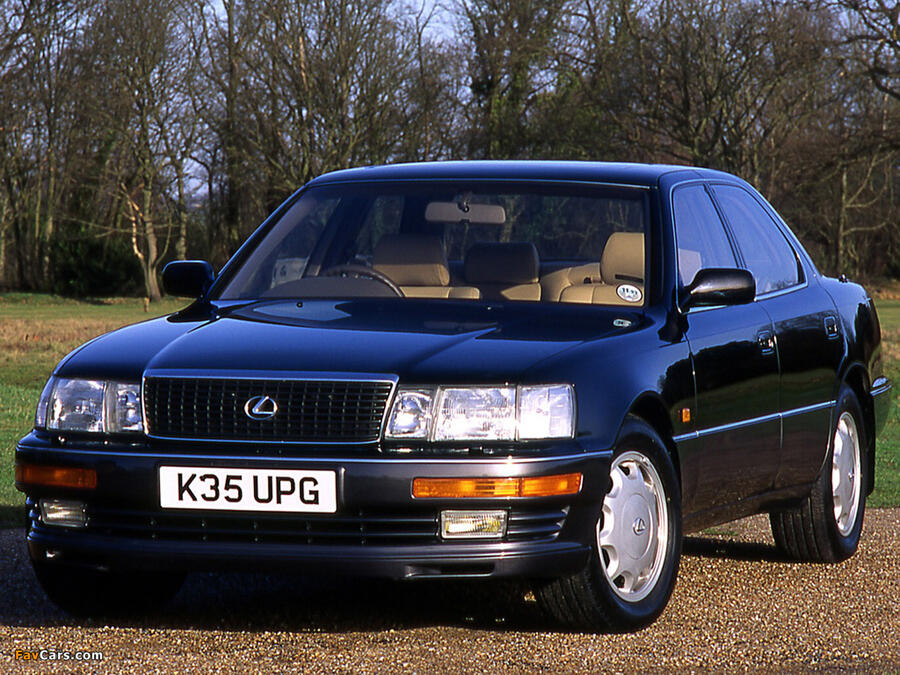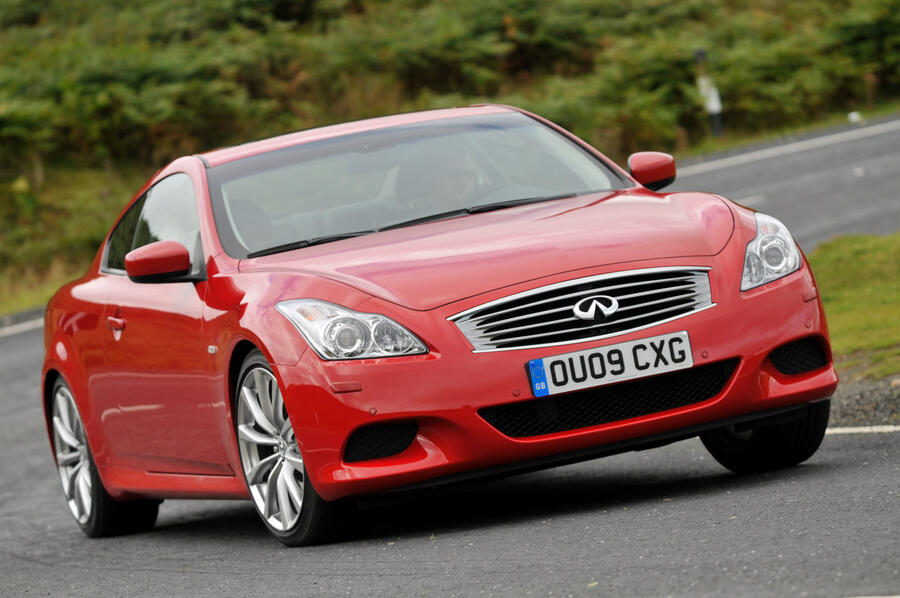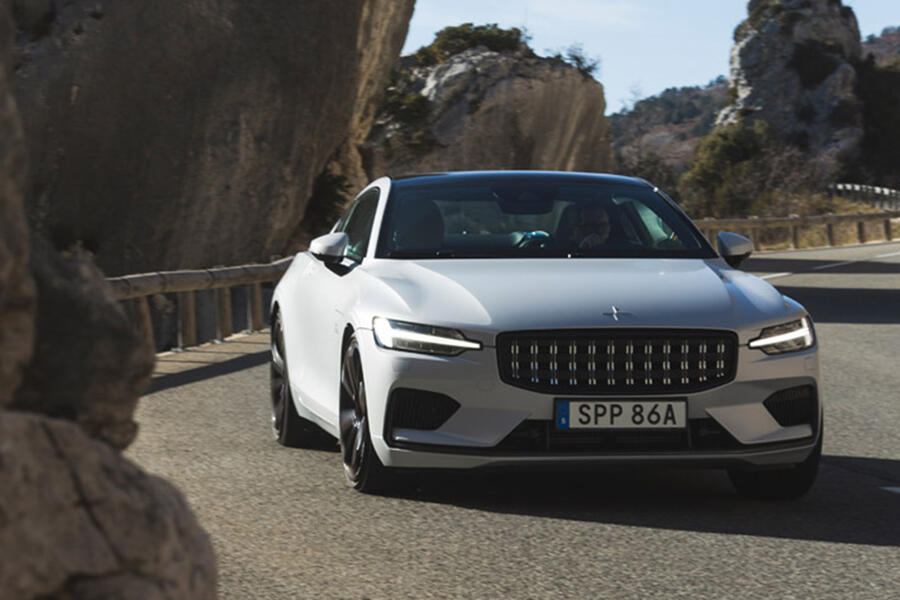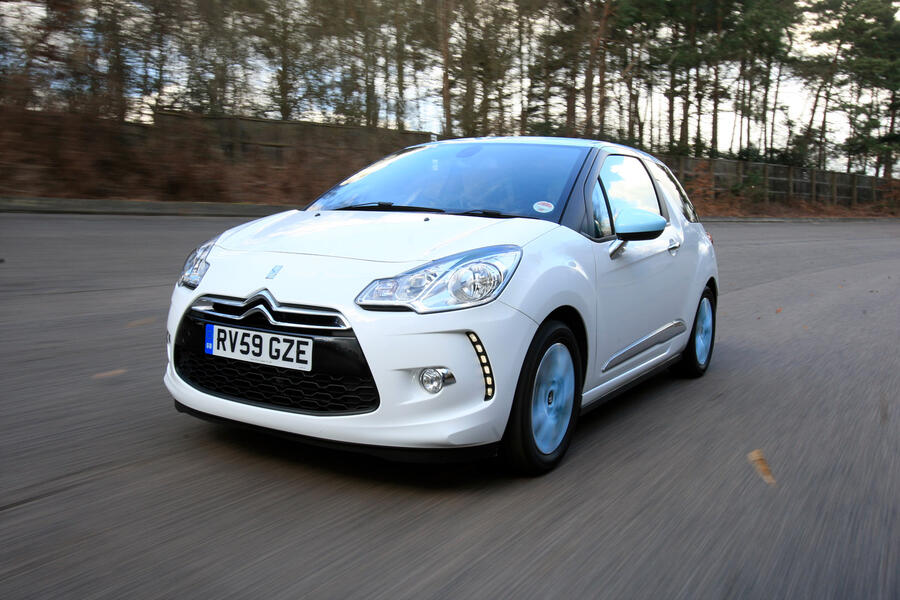Genesis, Hyundai’s premium brand, isn’t strictly new to the UK. The Hyundai Genesis executive saloon arrived in 2015 as a BMW 5 Series and Mercedes-Benz E-Class rival. When it was axed from Hyundai’s UK line-up in 2017, only 50 had been sold in the market.
Yet just four years later, Genesis is back – and it’s now a full stand-alone premium brand, Hyundai Motor Group’s intended rival to Audi, BMW and Mercedes-Benz. It’s a brazenly ambitious undertaking, and not just because of the history of that earlier Genesis saloon. Introducing a premium brand in Europe is a hugely tough task. The best-case scenario would be something similar to Toyota’s Lexus brand, which has taken considerable investment and decades of patience to become fully established in the UK, with sales still dwarfed by those of European rivals. The worst-case scenario? Infiniti, Nissan’s premium offshoot that finally gave up on Europe in 2019.
Genesis bosses are well aware of the task they’re facing. Tyrone Johnson, Genesis Europe’s vehicle development chief, says launching in the region will be “our greatest challenge”. Dominique Boesch, its Europe boss, calls the region the “spiritual home of the premium car market”. But he says: “We believe we have the ingredients to stand out.
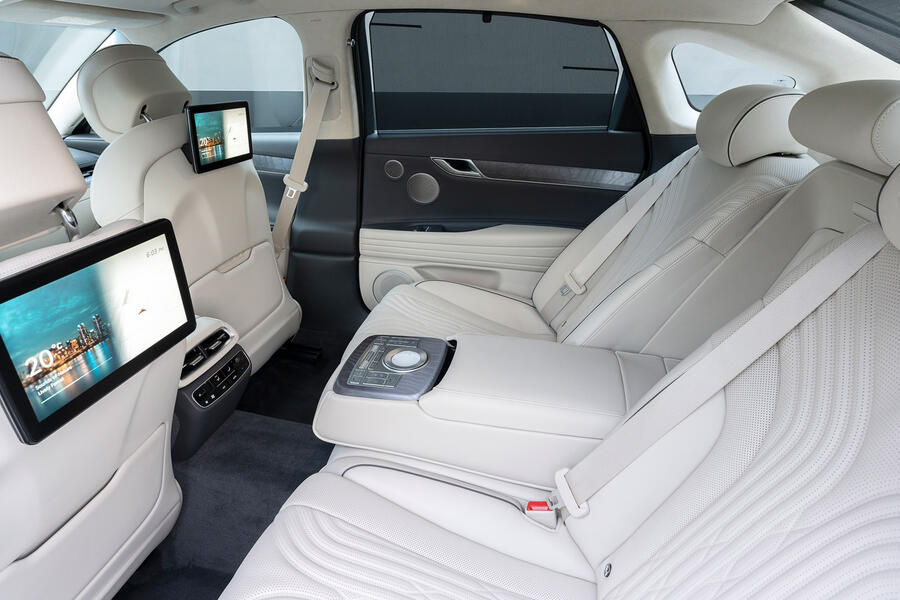
Certainly, Genesis has laid the foundations for success and its Hyundai Motor Group parent has shown an ability to take incredible strides in the past decade with the Hyundai and Kia brands. The creation of the N performance division and the success of its electric models show Hyundai can thrive in new markets, and cars such as the e-Niro, i20 N and Ioniq 5 showcase its progressiveness.
Hyundai’s success has come from steady, calculated progress – and the same approach is being taken with Genesis. Boesch says the brand has been “working for many years” on its European launch plans, while starting in other regions. Genesis first launched in the US and its home market of South Korea in 2016 and has since expanded to the Middle East, Russia and Australia. It recently launched in China, and European operations will begin in the UK, Germany and Switzerland this year.
The returns are encouraging: the brand sold around 130,000 cars worldwide last year, although the vast bulk were in South Korea. Growth has been patchier in the US, but the arrival of the GV80 SUV has given a huge boost to sales this year (seemingly helped by inadvertent publicity from Tiger Woods’s accident in one during a golf event the brand sponsored). And the higher margins of Genesis models relative to Hyundais has been reflected in increased revenues for the group.
The success of the GV80 in the US shows how important having the right product is for a new premium brand, and that’s evident in Genesis’s decision to wait until now to enter Europe. It will launch in the UK with the GV80 and the G80 saloon. The smaller GV70 and G70 will follow soon after and Genesis also promises two more EVs (with one on a bespoke platform) and a “dedicated European product” within a year. The range should mean Genesis will quickly cover the key premium market segments, and the rapid launch plan will help it to maintain publicity during its first year.

